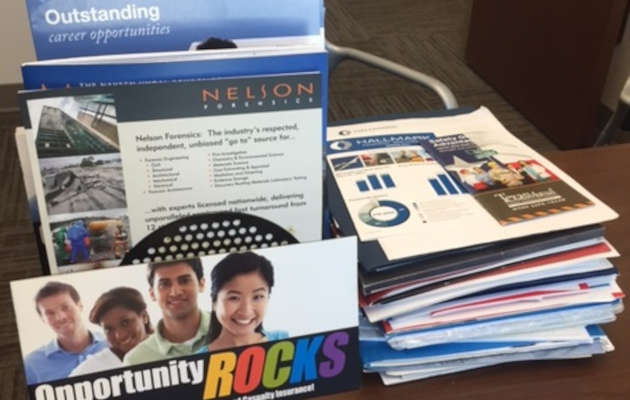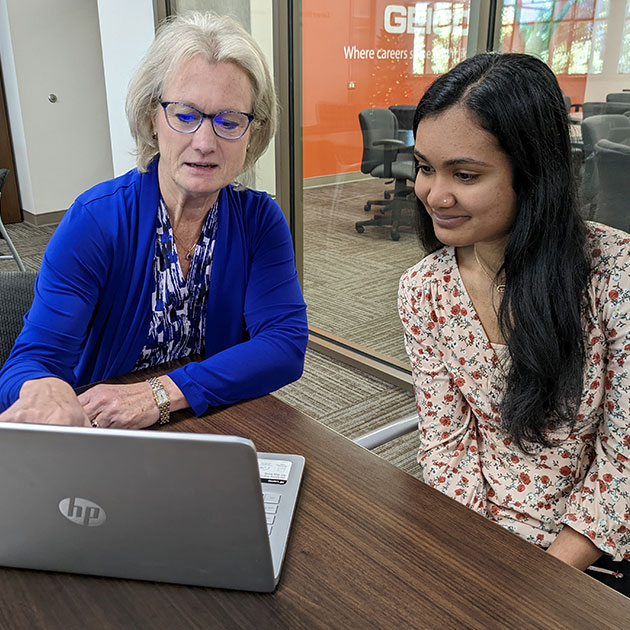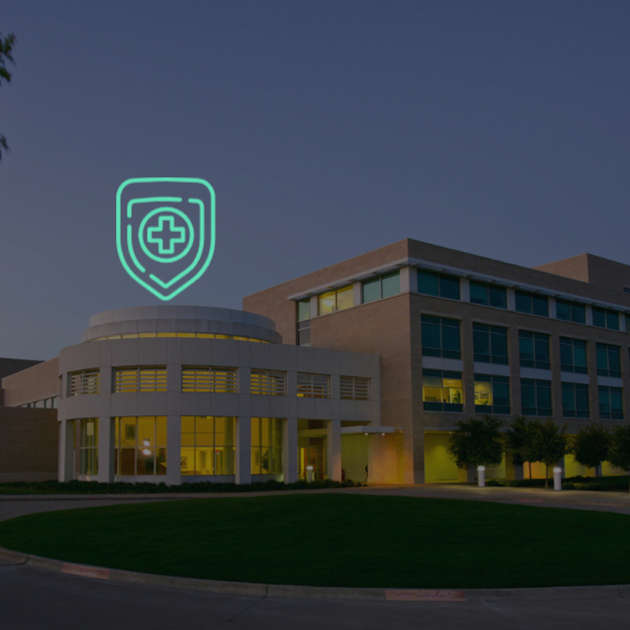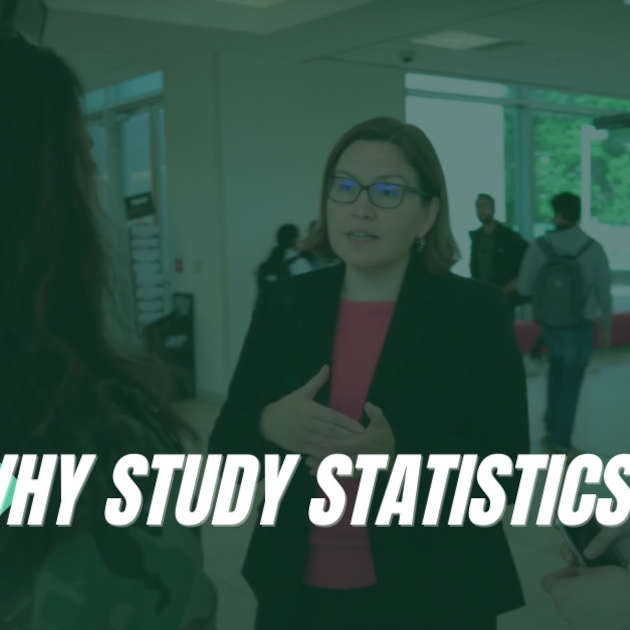
One industry is adding 400,000 jobs within the next four years and offers starting pay commensurate with high-profile careers like engineering and IT.
“This isn’t just me saying this,” says Debra Richardson, the Naveen Jindal School of Management program director who started the school’s Risk Management and Insurance program in 2015. Research from the Jacobson Group, Deloitte, McKinsey & Company and other firms back her up. She says in her past academic experience, 100 percent of her RMI students got job offers before or upon graduation.
Richardson is holding an information meeting about RMI and for the new Gamma Iota Sigma student organization at 6 p.m., Monday, Feb. 1 in JSOM 2.116. It is through this international professional fraternity, she says, that students make connections to land RMI internships and careers. JSOM students who enter the field will have a strong professional support network through Gamma Iota Sigma, which meets monthly at “fun places,” Richardson promises.
Another benefit of Gamma Iota Sigma membership is scholarships open to RMI and actuary science students.
Most students don’t look to the risk management and insurance industry for careers, however, because they don’t like the sound of it. “It sounds boring; it sounds like you’re going to be knocking on doors,” Richardson says. “I was in the business for more than 30 years, and I was never bored — and I had a meaningful and rewarding career, which I want to share with students.”
She asks that students give her one semester — take the FIN 3370 Principles of Risk Management and Insurance. She is pretty sure students will change their minds by the end of the semester. And, even if they don’t go into the profession, she is positive they will have a better understanding of risk than anyone else in their future business environment. Of entrepreneurs, she says, “How can you start your business if you don’t know what can put you out of business?”
The demand for qualified RMI professionals is huge right now, she says, for several reasons: RMI is losing thousands of baby boomer professionals each year as they retire; every business needs risk assessment and insurance so as business creation increases, RMI demand does as well; the global economy requires sophisticated skills to monitor risk; and finally, the Sarbanes-Oxley Act of 2002 requires a level of accountability that draws in RMI experts.
Dallas-Fort Worth is the southwest epicenter of the RMI industry and ranks No. 3 nationwide for RMI professionals. The JSOM RMI coursework is part of the Finance program, but Richardson says any JSOM student who has the prerequisites may take RMI classes.
“Every day there is a story in the news about risk management,” she says, listing stories large and small — from weather debacles, O-ring failures in the NASA space shuttle program, corporate failures because of falling energy demand and product pricing tied to international currency fluctuations. “Every business management major needs to have at least one risk management class,” she says.
For information, contact Richardson at Debra.Richardson@utdallas.edu or visit her office, JSOM 14.401.





